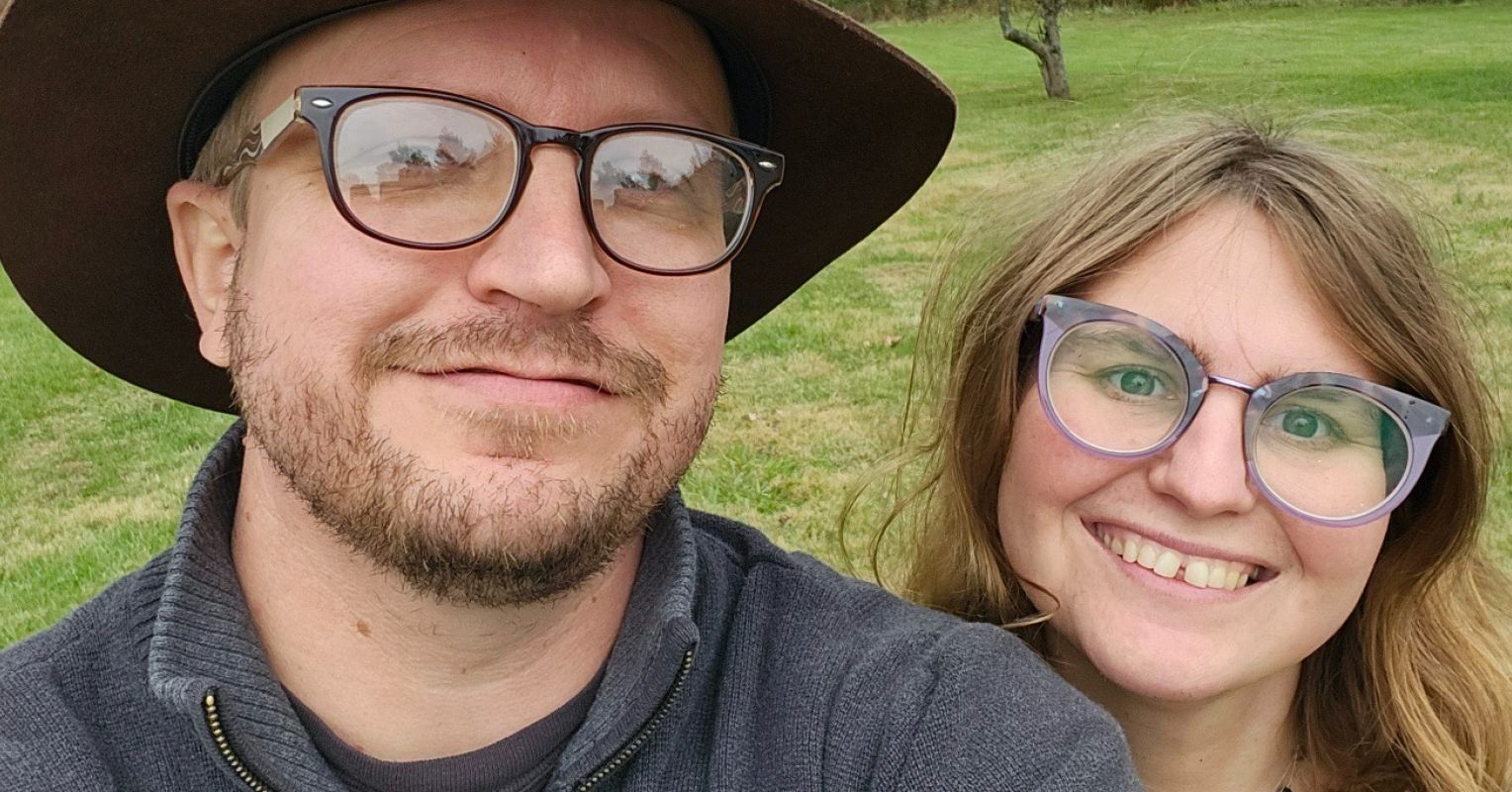

On the campaign trail, Donald Trump spoke viciously about putting people with serious mental illness in “institutions where they belong.”
I am one of those people.
Twenty-one years ago, at age 13, my mother drove me to an intimidatingly large set of buildings. Told I was going to “see a doctor,” I felt suspicious. More like a prison, this place looked and felt nothing like any doctor’s office I had been to.
We clicked a buzzer, opening double-locked doors. She left; I didn’t. My first hospitalization.
Thus began a carousel ride of inpatient stays, diagnoses, medications, intensive therapies, and fighting for my mental health.
It’s been a journey. I’ve met a kaleidoscope of people along the way and have gained infinite levels of respect for people facing serious mental illness.
Today, I own a private psychotherapy practice. I’ve written a workbook for young adults, who, like myself at the time, have received a diagnosis involving psychosis.
I drink tea, grow peppers, and love to lie in my hammock.
I don’t fancy myself a threat to anyone.
Yet, recent rhetoric speaking of people with my class of health conditions as unpredictable monsters who must be contained scares me.
Fear-Mongering, Witch-Hunting, and an Executive Order
Last week, Trump made good on his promise by issuing an executive order calling for the involuntary hospitalization and incarceration of individuals experiencing homelessness who are believed to have a mental health condition. Expanding resources would be compassionate in a reality where many unhoused people suffer. Yet, the executive order, coupled with the recent “Big Beautiful Bill,” does anything but.
Funding for Medicaid, the largest payer of mental health services, has been slashed. Vital supports for housing, independence, accessing medication, psychotherapy, and more will be compromised. What is posed as treatment will likely mean short, often traumatic hospitalizations. With community resources dwindling and the reality of high costs of medication, I imagine such a policy could place many in a hellish revolving door of hospitalizations.
By weaponizing stigma, this order dehumanizes and scapegoats a diverse group of people, creating a narrative that hurts everyone, especially those living with mental illness. It also insults the intelligence of the American people, as a majority of people who commit violent crimes do not have a mental health diagnosis (Varshney et al., 2016).
The words used and corresponding actions advocate for a world where people like me do not deserve the same civil rights as other citizens. These breed fear toward an unknown threat. Much like the mythical stories adults have used of the “boogie man” to control children’s behavior, my kind has been drawn as an abstract fear.
I am no one’s boogie man.
A Right to Freedom and Support
Don’t get me wrong, I am an advocate for mental health treatment, which sometimes includes crisis care. Traditionally, psychiatric hospitalization has been reserved for individuals deemed to be at “imminent risk,” usually due to suicidal ideation or actions. In some states, “grave disability” associated with severe, untreated mental illness is considered an imminent risk as well. Despite the reality of people dying on the streets each winter, an unhoused status is not usually enough to prove grave disability. Such might look like more severe self-neglect (for example, feces caked on one’s feet) or disorientation (like wandering half-dressed in the cold on an interstate).
Yet, the hospital alone is hardly a stopgap and can sometimes cause its own harm. With already low numbers of hospital spaces available, people sometimes board in the emergency room for days awaiting a transfer to a hospital that could be hours from home.
Research has shown that young adults who are hospitalized against their will report a decreased level of trust in their mental health providers and that they are less likely to disclose thoughts of suicide in the future (Jones et al., 2021).
A more recent study investigating cases on the borderline of involuntary hospitalization, wherein providers had to choose between recommending hospitalization or discharge, found alarming results. Individuals who were involuntarily hospitalized were at twice the risk of death by suicide or overdose than those offered outpatient options (Emanuel et al., 2025).
Closing
Mental health treatment can be life-changing. Yet, recovery is more than hospitalization. Ongoing care for mental health conditions typically requires multimodal support. Recent policy changes are making access to that level of support harder. Having choice and agency in one’s healthcare is essential. As well, addressing a housing crisis is going to take more than removing people from their sleeping places and institutionalizing them.
Not to mention, such intervention constitutes a violation of our Fourth Amendment rights against search and seizure. Americans living with mental health conditions have the same rights as all other citizens, and they should. Rolling those back creates a dangerous trend.
If you or someone you love is contemplating suicide, seek help immediately. For help 24/7, dial 988 for the 988 Suicide & Crisis Lifeline, or reach out to the Crisis Text Line by texting TALK to 741741. To find a therapist near you, visit the Psychology Today Therapy Directory.








